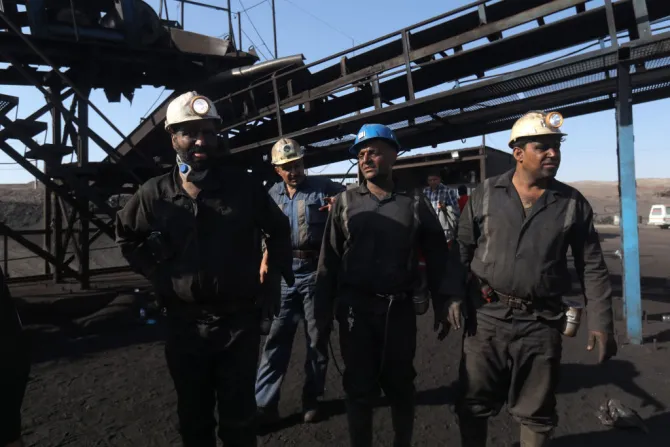
Pope Francis said Wednesday he is praying for the dozens of victims of a deadly coal mine explosion in Tabas, Iran, that happened last Saturday.
The Sept. 21 incident in the South Khorasan Province killed at least 51 people and injured another 20, according to the Islamic Republic News Agency (IRNA). The explosion was caused by a methane gas leak.
In a message of condolences signed by Secretary of State Cardinal Pietro Parolin, the pope expressed his sorrow for those affected and sent “the assurance of his prayers for those who died and for their grieving families.”
“Likewise expressing his spiritual solidarity with the wounded, His Holiness invokes upon all affected by this tragedy the Almighty’s blessings of strength, consolation, and peace,” the short telegram to victims concluded.
A similar coal mine explosion in Iran in 2017 killed 42 people and injured at least 75 others.
The mine in Tabas, located about 340 miles from Tehran, is owned and operated by Madanjoo Company. There were 69 workers inside the coal mine at the time of the explosion at 9 p.m. local time.
This article was originally published on Catholic News Agency.

Hannah Brockhaus is Catholic News Agency's senior Rome correspondent. She grew up in Omaha, Nebraska, and has a degree in English from Truman State University in Missouri.








